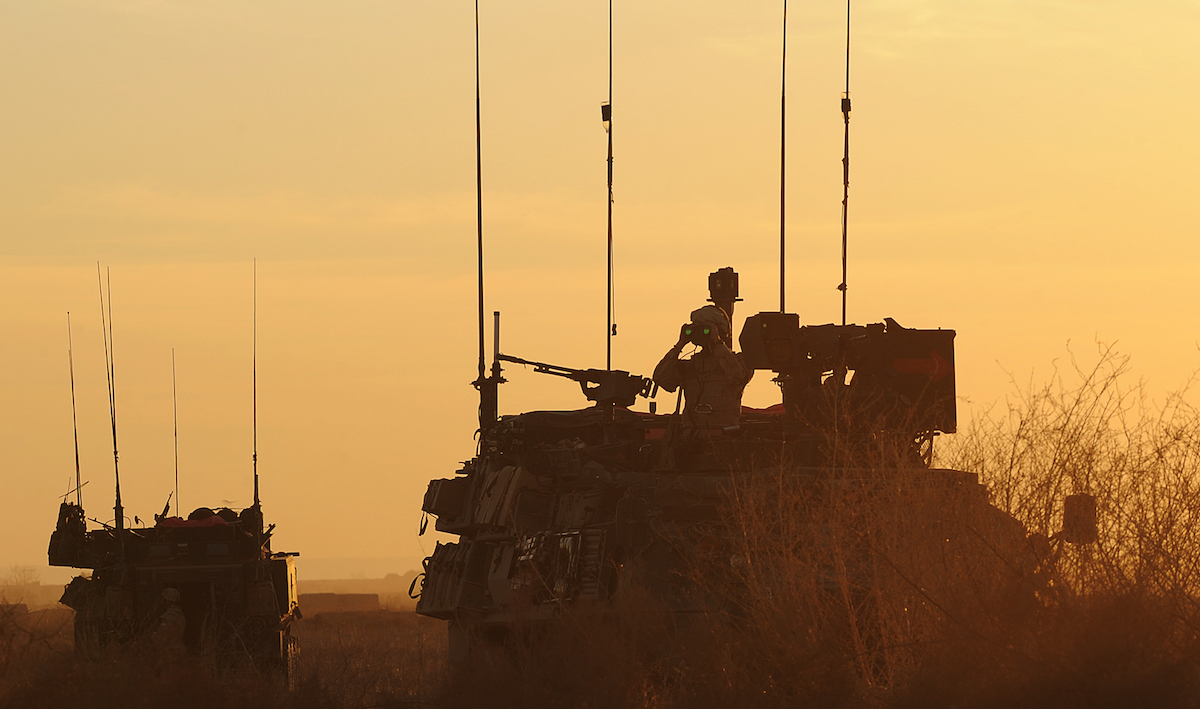NATO has never threatened to invade a neighbouring state or any other. Its mission, agreed to by all member states, is collective defence not offence. As was reiterated at the NATO conference in Wales in 2014, “the Alliance does not seek confrontation and poses no threat to Russia” and NATO has never acted in such a way that should lead anyone to believe otherwise.
Despite sponsoring ethnic riots in Estonia in 2007 and invading Georgia in 2008, it wasn't until the Russian invasion of Crimea in 2014, that NATO initiated serious discussions about how to respond to Putin's growing westward aggression. Poland and the Baltic States nervously endured NATO's passive observation of the rapid expansion of Russian military infrastructure in the Baltic Sea region and the Arctic — posing direct threats to Canada as well.
However, their membership in NATO ensures that any threat to their sovereignty, is considered to be a threat to all. At the core of NATO is the principle of collective defence: that an attack on one country is considered to be an attack on all of them. But collective defence is only effective if members actively contribute to and participate in it. As a cornerstone of our national defence strategy, Canada's relies on the participation of other NATO member states, just as they rely on Canada's.
In contrast to NATO's defensive objectives, the Kremlin has made little effort to hide its own belligerent aspirations. In it's 2012 military doctrine, Russian military chiefs approved the use of conventional nuclear weapons in regional conflicts and warned of Russia's eventual use of them (since then, Russian state news has alarmingly downplayed the destructive effects of nuclear war).
In 2015, Russia threatened Denmark with nuclear annihilation after it announced, due to concerns about Russian aggression, that it would join NATO's missile defence shield.
Even traditionally non-aligned, neutral states, such as Sweden and Finland are now considering NATO membership as a deterrence to escalating Russian warlike behaviour in the Baltic Sea region.
The immediate risk to Canada's NATO partners in The Baltic States is not a full blown invasion, but a limited strategic offensive by Russia intended to dissolve NATO unity and neutralize the principle of collective defence.
Such an offensive may begin with a Baltic crisis manufactured by the Kremlin — like the one in Ukraine in 2014 where Russian soldiers posed as “insurgents” — prompting Moscow to intervene militarily. Such an “intervention” might require Russian troops to occupy a few square kilometres in one of the Baltic States: enough to trigger a NATO Article 5 collective defence response and perhaps cause a wider conflict.
Canada can proactively help prevent such a situation by participating in the establishment of a credible deterrence. The deployment of NATO troops in The Baltic States will immediately disincentivize Russian military adventurism in the region and would be far less costly than an Article 5 response to an invasion.
In keeping with Canada's traditional roles, the NATO deployment is a peacekeeping measure that Canadians can be proud to participate in.
By actively helping defend NATO's borders, Canada will secure its own by reinforcing the principle of NATO's collective defence.
Marcus Kolga (Original source – TheStar)




